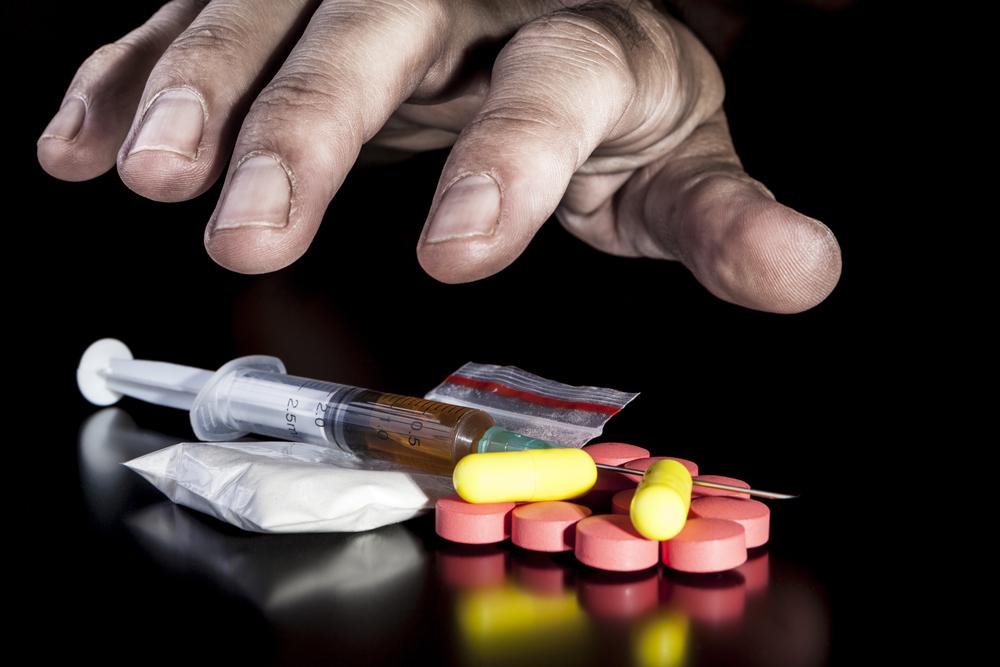Comprehensive Guide to Accessing Affordable Addiction Treatment Centers
Discover comprehensive strategies to find affordable or free addiction treatment centers. This guide explores government initiatives, state-sponsored programs, faith-based recovery centers, and eligibility criteria, offering hope and practical steps for those facing financial barriers. Learn how to access essential addiction recovery services tailored to your needs, ensuring effective treatment regardless of economic constraints. Find out how community and faith-based resources can be pathways to recovery, emphasizing the importance of proactive research and direct contact with support organizations to begin your healing journey.

Comprehensive Guide to Accessing Affordable Addiction Treatment Centers
Overcoming addiction can be a challenging journey, especially for individuals facing financial hardships. Many prospective patients worry about the high costs associated with professional rehabilitation services, which can be prohibitively expensive for those who are unemployed, homeless, or battling physical or emotional obstacles. While private luxury clinics often offer extensive services, they might be out of reach due to their high costs. Fortunately, there are numerous public assistance programs and community-based facilities dedicated to providing affordable or even free addiction treatment options. These resources are designed to ensure that financial barriers do not prevent individuals from receiving the help they need to recover and rebuild their lives.
Start your search wisely: The first step towards finding affordable addiction treatment is to leverage government initiatives dedicated to mental health and substance abuse recovery. Agencies such as SAMHSA (Substance Abuse and Mental Health Services Administration) play a crucial role in connecting individuals with free or low-cost resources. It’s recommended to visit their website and reach out directly to local offices or representatives who can provide guidance tailored to your specific circumstances. Confirming what resources are available may involve contacting state health departments or local clinics, as they often have up-to-date information on free programs and eligibility criteria.
Explore state-sponsored rehabilitation programs: Many states operate their own substance abuse treatment centers that cater specifically to residents with limited financial means. These services are often subsidized through state budgets, Medicaid, or community grants, making them accessible at no or minimal cost. Eligibility typically requires proof of residency within the state, evidence of financial hardship, and a diagnosis of substance dependence. Additional criteria may include the severity of addiction, citizenship status, or other local requirements. To access these programs, contacting state or local mental health and addiction agencies is essential. Websites of state health departments often list approved treatment centers and provide application procedures, making it easier to navigate the process.
Faith-based addiction recovery programs: For individuals seeking treatment within a spiritual context, faith-based centers offer an excellent alternative. Organizations such as the Salvation Army, Harbor Light Detox, Orthodox Jewish recovery initiatives, Jewish addiction resources, Alcoholics Victorious, and Christians in Recovery provide free or low-cost rehab services. These centers integrate religious teachings and community support with evidence-based treatment methods, creating a holistic approach to recovery. Faith-oriented programs often emphasize moral support, prayer, and spiritual counseling, which can be particularly motivating for individuals influenced by religious beliefs. They also foster a sense of community and shared purpose that can facilitate lasting recovery.
Services offered by free rehab centers: The scope of services at these centers varies, ranging from inpatient hospital-style detoxification programs to outpatient counseling and medical support. Many are equipped to handle withdrawal management, counseling, group therapy, life skills training, and relapse prevention. It’s important to note that while these programs are budget-friendly or free, they may have limitations concerning the technologies and advanced treatments available compared to private clinics. Nonetheless, they often provide a solid foundation for overcoming addiction, especially when tailored to an individual’s specific needs.
Who qualifies? Generally, eligibility depends on demonstrating financial incapacity. Additional qualifying factors can include residency in the state or community where the program operates, military status, pregnancy, or participation in particular faith communities aligned with the treatment approach. Each program might have its own set of criteria, so thorough research and direct contact with the centers are recommended to confirm eligibility and enroll successfully. Resources such as the SAMHSA national helpline, local health departments, and community organizations can assist in identifying the most suitable treatment options.
In summary, overcoming financial barriers is a crucial step towards accessing effective addiction treatment. By leveraging government programs, community organizations, and faith-based initiatives, individuals can find the support they need for recovery without the burden of excessive costs. It is essential to research thoroughly, contact local agencies, and understand the eligibility criteria for the various programs available. Remember, help exists for those who seek it, regardless of their economic situation. With the right resources and support network, overcoming addiction is an achievable goal for everyone.




